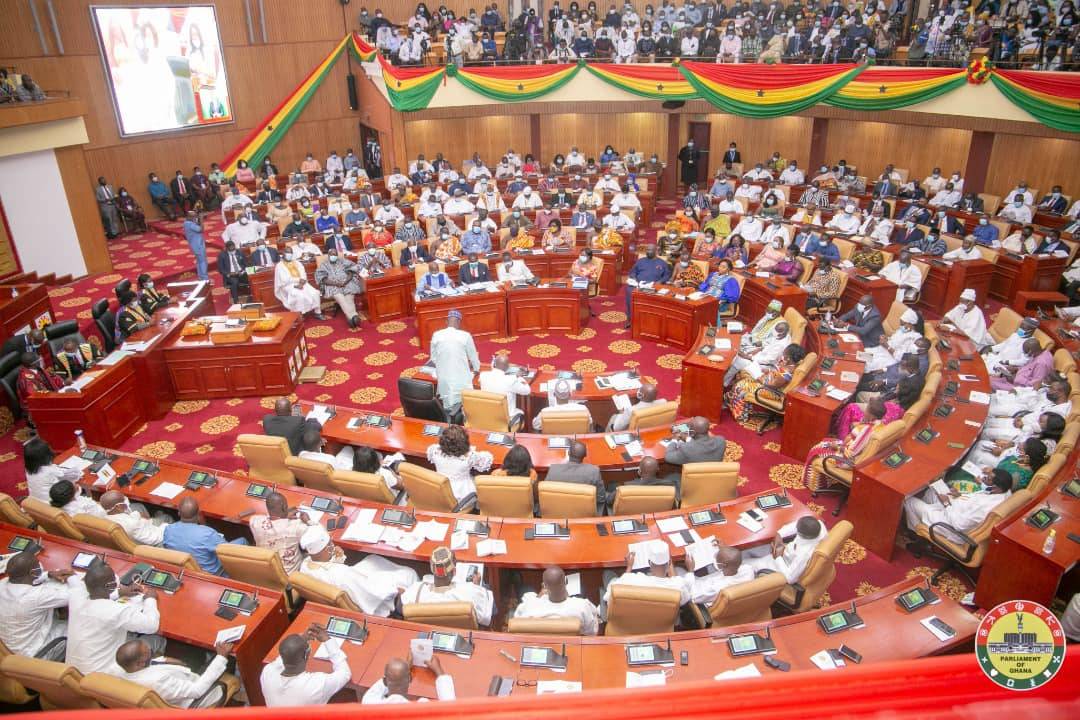Ghana’s 8th parliament was inaugurated on 7th January 2021 following the fierce election in 2020 and the subsequent heated exchanges in their bid to elect a speaker. This parliament is rare and unique unlike other parliaments that we have witnessed before it.
It is a parliament with a member from the opposition serving as speaker and has witnessed heated encounters than any parliament ever witnessed in our fourth republic.
In this article, I will look at the uniqueness of this parliament and the two amazing equals it has produced.
The uniqueness of this parliament.
The 8th parliament is so unique and has many still wondering what really happened in the election in 2020.
Many have said Ghanaian wanted members of the house of legislature to work together that is why they gave us what has been described as a hanged parliament.
The two equals.
The 8th parliament has produced 137 members of parliament a piece from both sides of the divide. We have now accepted the norm of calling the house of legislature a two-sided house because; the other minority parties have failed to produced a member of parliament.
The last time a minority party won a seat other than the New Patriotic Party (NPP) and the National Democratic Congress (NDC) was in 2012 when Alhassan Azong from the People National Congress (PNC) won the Builsa South seat.
The 137 members of Parliament (MPs) apiece leaves us with one king maker, the independent member of parliament from Fomena. The king maker has joined the NPP side for decision making.
Even though both sides are making claims to some seats from the opposite side, the issues are in court and they have no choice than to work with what the house offers them now.
Another fascinating part of this parliament is that both deputy speakers are now by default part of the majority side, since the independent member from Fomena has decided to do business with the ruling government. This makes decision taking especially voting difficult in the absence of the main speaker of the house.
One more mind bugling result from the 8th parliament is the equal number of female MPs from both sides of the house. Both the NPP and NDC have 20 female MPs apiece and by extension 117 male MPs apiece too. Is this not surprising?
In the 2012 election, there were 30 female MPs with 14 from the NDC and 16 from the NPP while in the 2016 elections, there were 37 Females MPs with 13 from the NDC and 24 from the NPP. The number of female MPs seems to be growing but it is still surprising that the 8th parliament gave us a unique statistic of 20 female MPs apiece.




No comments yet
Be the first to share your thoughts!